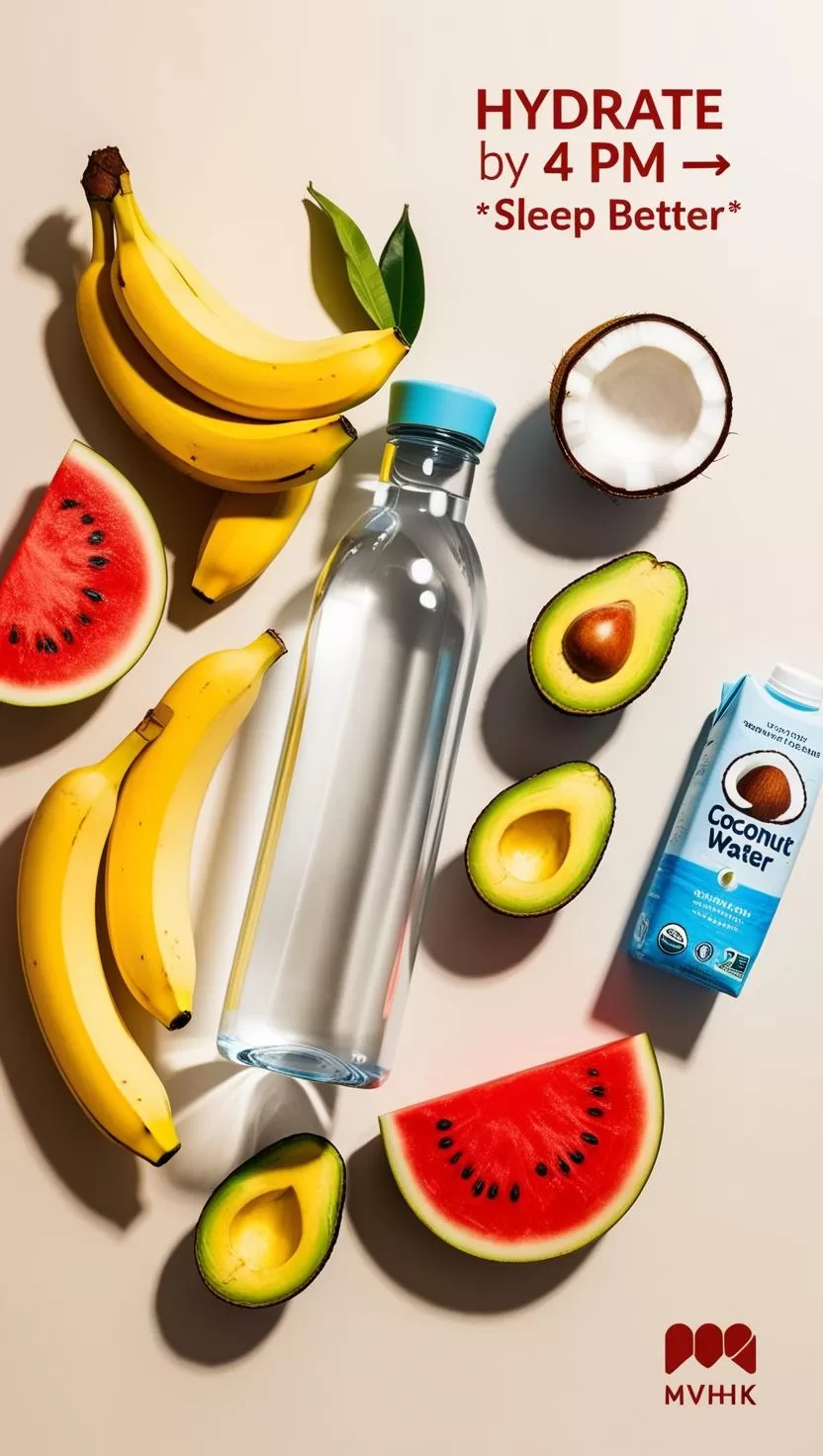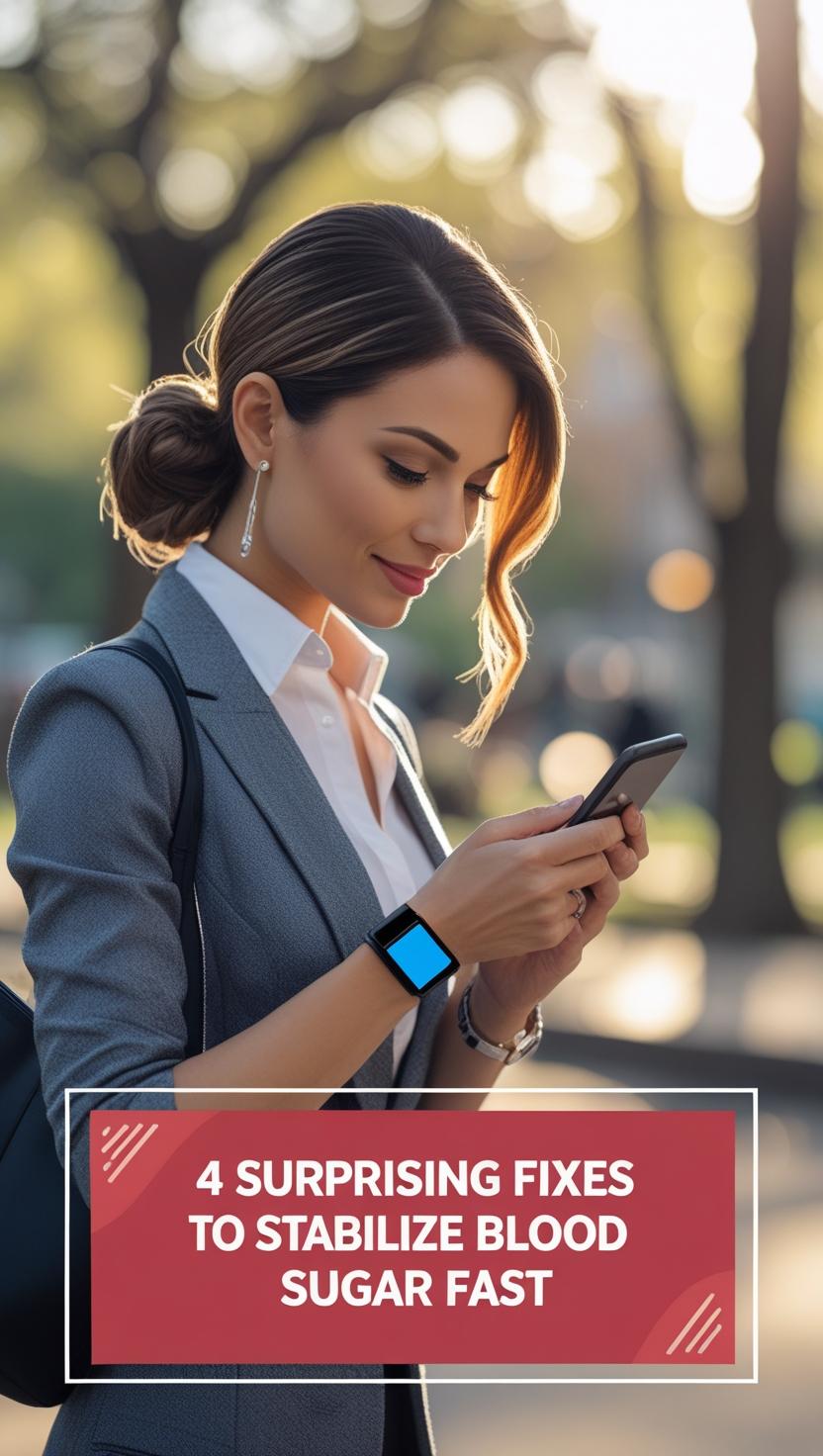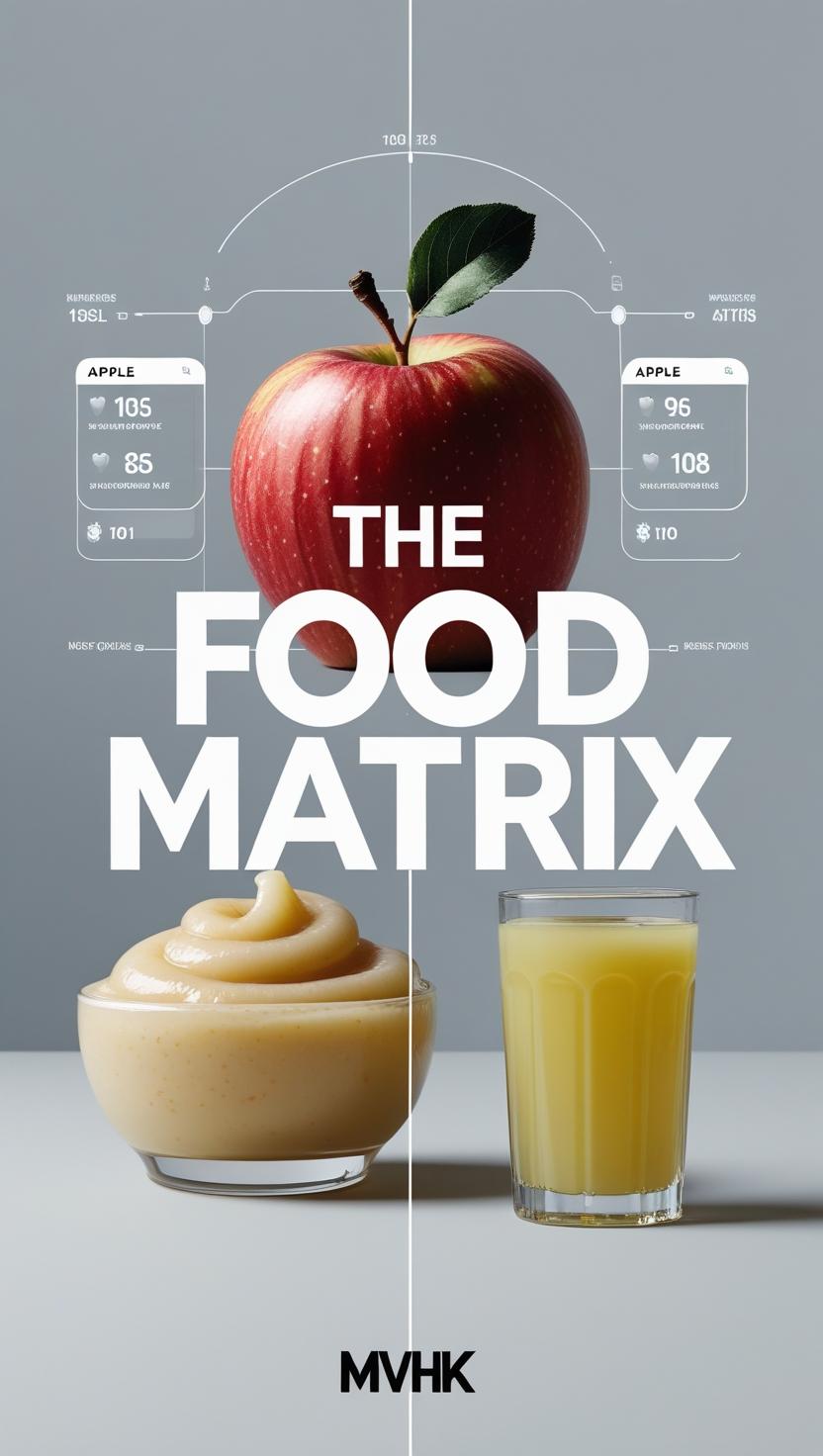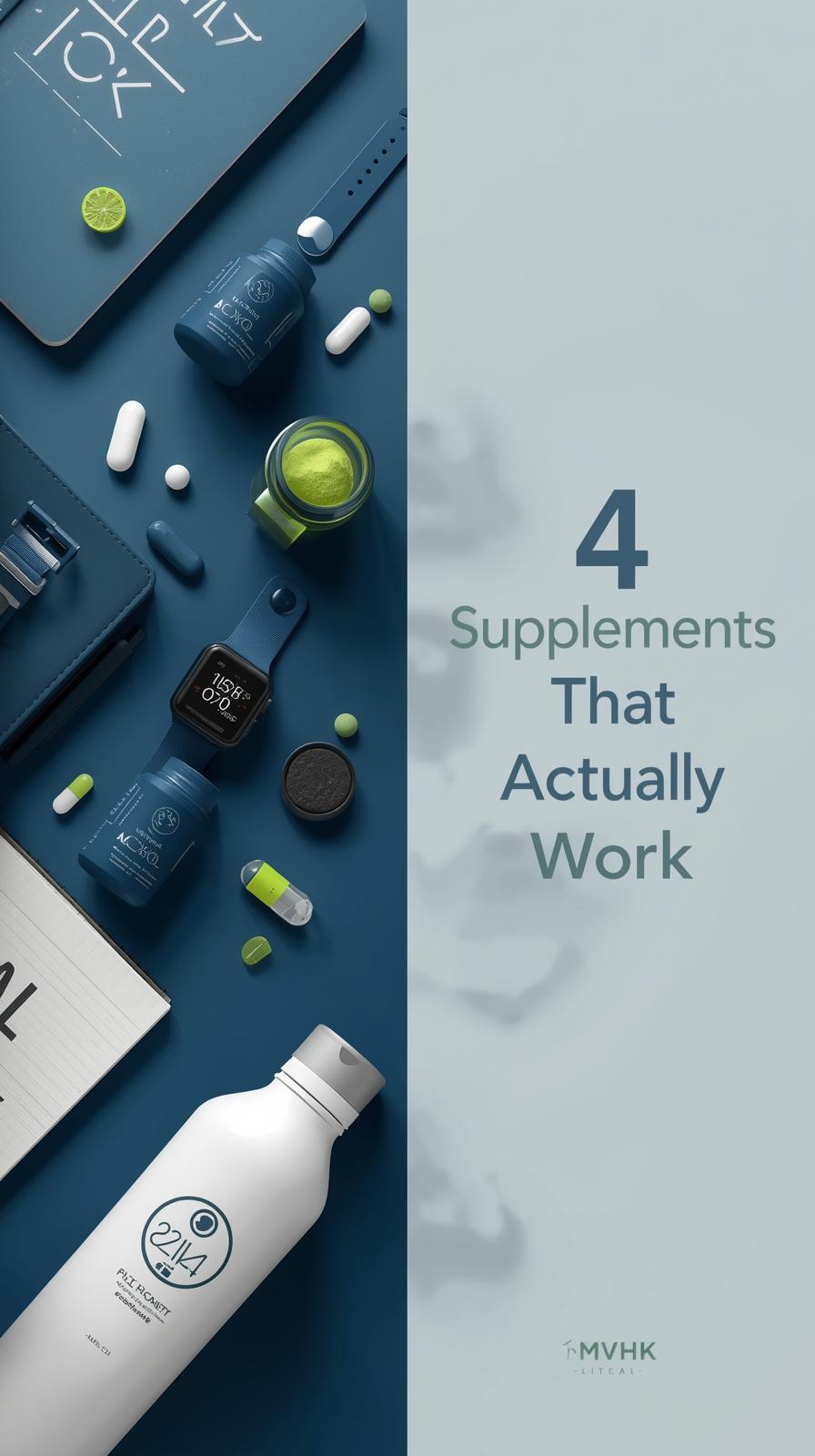Hydration Timing and Sleep: Why Drinking Water at the Right Time Changes Everything
When it comes to staying hydrated, how much water you drink isn’t the only thing that matters. When you drink it might just be the key to better sleep, more energy, and less stress for your body. For busy professionals juggling careers, families, and fitness goals, knowing when to sip water can make or break your health routine.
Let’s dive into why experts recommend front-loading your hydration early in the day—and how that simple shift could save your sleep.
1️⃣ The Sleep-Hydration Connection: Why Timing Matters
⏰ Why You Should Drink 80% of Water by 4 PM
Your body needs time to process fluids. Drinking the bulk of your water early ensures it’s metabolized well before bedtime. Chugging water at night might seem like a good idea, but it often leads to sleep disruptions from middle-of-the-night bathroom trips.
According to the Sleep Foundation, late-night water intake increases nocturia, the need to urinate at night, which fragments sleep cycles and diminishes deep restorative sleep. [Source]
💦 The Right Way to Hydrate: Sip, Don’t Guzzle
Dehydration begins long before you feel thirsty. Thirst is a late warning sign, meaning by the time your body signals it, the damage has already started—reduced cognitive performance, muscle fatigue, and poor temperature regulation are just a few consequences.
Instead of waiting for the urge, make hydration a habit. A water bottle at your desk or in your bag encourages steady sipping throughout the day, not a last-minute chug at night.
2️⃣ The Morning Boost: Why Your Day Should Start with Water
☀️ Replacing Overnight Losses
We lose water even when sleeping—through sweat, breathing, and urine. Starting the day with 12–16 oz of water jumpstarts your metabolism, supports brain function, and rehydrates your tissues.
Jones, a hydration expert, recommends making this your first health win of the day. Think of it as brushing your insides clean.
🍵 Coffee & Tea: Hydration Allies, Not Enemies
Contrary to myth, moderate caffeine drinks like coffee or tea still contribute to hydration. They may have mild diuretic effects, but they still provide more fluids than they remove—especially when consumed in moderation.
This is good news for busy professionals who rely on caffeine: you’re not sabotaging your hydration as long as you’re also drinking water and eating hydrating foods.
3️⃣ Electrolyte Balance: It’s Not Just About Sodium
🍌 Potassium—The Underrated Electrolyte
Most people get plenty of sodium but fall short on potassium, which plays a critical role in balancing fluid retention, supporting heart function, and regulating blood pressure.
Busy professionals often eat on the go, skipping potassium-rich foods. Here’s a cheat sheet of potassium-loaded options:
| Food | Potassium (mg) per serving |
|---|---|
| Banana | 422 |
| Avocado | 708 |
| Coconut Water (8 oz) | 600 |
| Watermelon (1 cup) | 170 |
| Sweet Potato (1 medium) | 541 |
🥗 Fruits & Veggies: Your Built-In Electrolyte Fix
Including a rainbow of fresh produce in your meals not only supports hydration but helps balance the impact of salty take-out or processed office snacks.
Conclusion: How to Get Started Today
For anyone serious about optimizing performance, mood, and sleep, hydration timing is a simple but powerful upgrade. Here’s your plan:
- Drink 12–16 oz of water immediately after waking up.
- Aim to drink 80% of your daily water by 4 p.m.
- Keep a refillable bottle within arm’s reach all day.
- Avoid overhydrating right before bed.
- Eat potassium-rich foods like bananas, avocados, and watermelon.
This strategy helps your body stay balanced, keeps sleep uninterrupted, and supports the fast-paced life you lead.
🔍 FAQ
What happens if I drink too much water at night?
You may disrupt your sleep due to nocturia. It can lead to fragmented sleep, decreased REM, and morning fatigue.
Is coffee dehydrating?
Not significantly. Caffeinated drinks contribute to your fluid intake, especially in moderate amounts.
What are signs I’m dehydrated besides thirst?
Fatigue, headache, darker urine, sluggishness, and reduced sweating are all early dehydration indicators.






